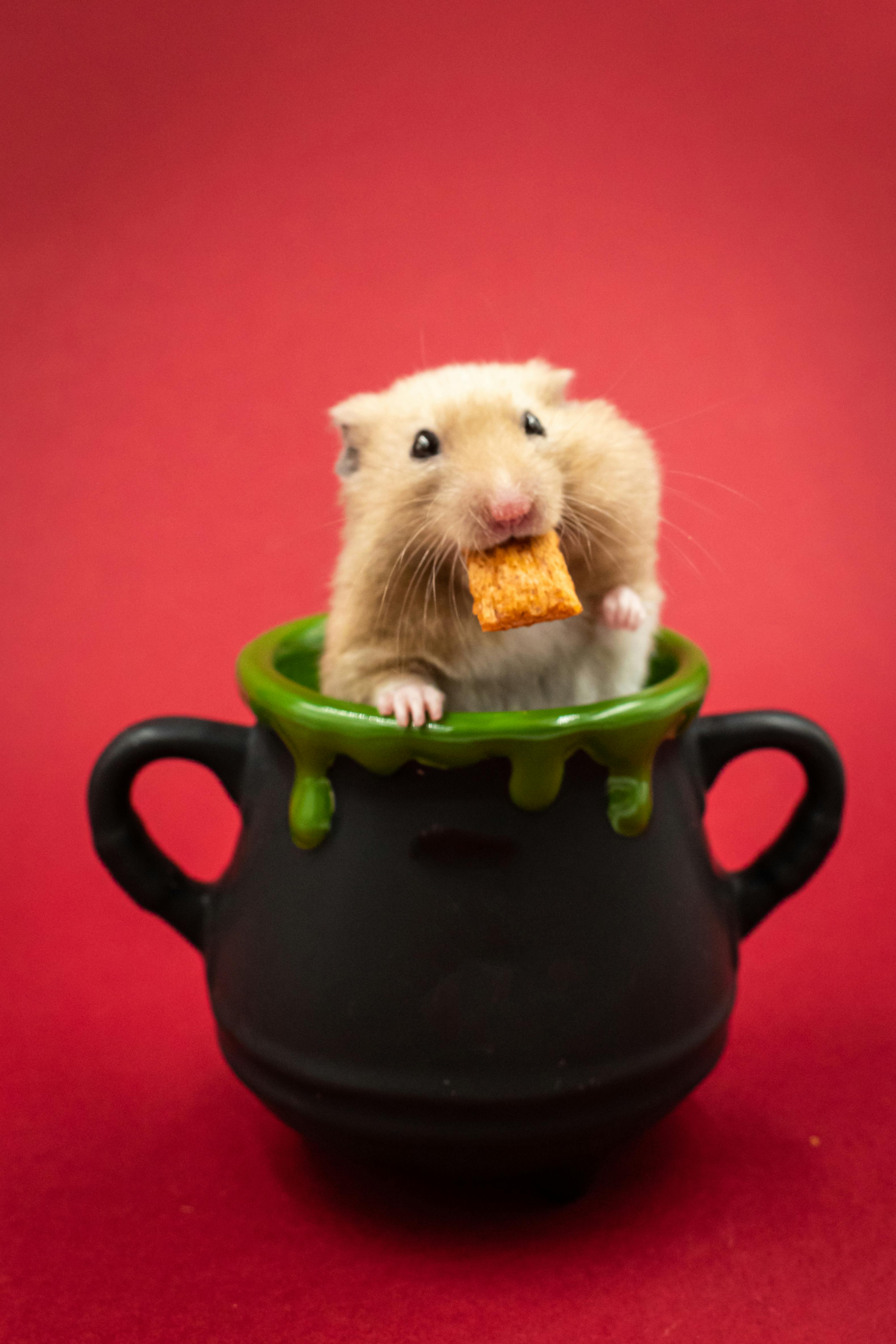Effective Ways to Choose Discus Tank Mates for Success in 2025
Choosing the right tank mates for your discus fish is crucial for maintaining a harmonious aquarium environment. Discus fish, known for their vibrant colors and gentle swimming patterns, thrive best in a community tank where the dynamics between species foster a peaceful atmosphere. This article explores various factors that play into selecting the best compatible fish for discus, ensuring their well-being and overall health in 2025. We'll delve into specific characteristics that make certain species ideal tank mates, tips for setting up a discus community aquarium, and essential discus fish care methods.
The benefits of creating a well-balanced discus tank community extend beyond aesthetic appeal. Proper tank mates can enhance the social behavior of discus, provide opportunities for natural feeding habits, and protect against stress. Key takeaways include the importance of understanding fish compatibility, the ideal discus tank setup, and best feeding practices. Let's explore the fundamentals of discus tank mates.
Understanding Discus Fish Compatibility
Building on an understanding of discus fish requirements, it’s essential to delve into the specifics of discus fish compatibility. Many fish species can live peacefully alongside discus, but compatibility depends on several factors including temperament, size, and environmental needs.
Fish Temperament and Behavior
Discus fish are known for their docile nature, making them excellent community fish. However, aggressive tank mates can result in stress or even injuries. Fish like neon tetras and corydoras catfish are typically calm and pose minimal threat. It’s crucial to avoid aggressive species such as certain cichlids, as their territorial nature tends to lead to conflict in a discus tank.
Size and Growth Considerations
When selecting tank mates for juvenile discus, size becomes a paramount consideration. Smaller fish may be at risk of being mistaken for food, while larger fish may dominate the space and resources. For a balanced environment, ensure that the tank mates chosen are of a size that does not intimidate or overpower the discus.
Environmental Needs: Water Conditions
Specific water parameters play a significant role in the overall health of discus fish. They require warm temperatures between 82-86°F and softer, acidic water. It’s critical to choose tank mates that thrive under similar conditions. For instance, species like cardinal tetras and guppies can adapt to these environments, helping to maintain optimal water parameters.
Creating a Brighter Tank Dynamic
The ideal discus community fish complement the natural schooling behavior of discus. Fish that swim in groups not only provide entertainment but also contribute to a layered tank dynamic, reducing stress among the discus. Specifying schools of tetras or corydoras can foster a nurturing environment for discus and other community fish.
Behavioral Interactions in Community Tanks
Understanding how different fish species interact with discus is vital in maintaining a peaceful community tank. For example, adding species known for schooling can encourage discus fish to exhibit natural behaviors, enhancing their experience. Ensuring each species has enough space to swim and establish their territories will mitigate stress-related issues.
Optimal Discus Tank Setup for Diverse Species
With these compatibility fundamentals established, it's time to consider the optimal discus tank setup. A well-planned environment contributes significantly to the health of discus and their tank mates.
Tank Dimensions and Volume
The size of your aquarium matters when it comes to accommodating discus and their potential companions. A minimum of 50 gallons is typically recommended for a discus community tank. Larger tanks provide more stable water parameters and ample space for both discus and their companions to thrive.
Filtration and Water Quality
Discus fish are sensitive to water quality; thus, effective filtration is crucial. A high-quality filtration system will maintain cleanliness while ensuring that the parameters remain stable. Regular water changes are essential to keep the habitat healthy. Investing in good filtration not only benefits discus but reinforces the overall fish health in the tank.
Tank Landscaping and Suitable Plants
Incorporating live plants in the discus tank can provide shelter and a natural environment for its inhabitants. Suitable plants for discus, like Amazon sword or Anubias, not only enhance aesthetics but also improve water quality. Create shaded areas with plants where discus can retreat, promoting comfort and reducing stress during daylight hours.
Optimal Lighting and Temperature Management
Discus prefer a low to moderate light environment. Overly bright lighting can cause stress and discomfort. Managing temperature is equally important; ensure the tank heater maintains a steady warmth, as fluctuations can adversely affect discus behavior and health. Regular monitoring will help maintain stability.
Feeding and Nutrition Tailored for Discus
Discus fish feeding regimens should ensure a balanced diet. Consider incorporating high-quality granules, flakes, and frozen or live foods. A varied diet supports healthy growth and vibrant coloration. It's beneficial to observe how tank mates respond to feeding—avoid aggressive feeders that might outcompete discus for essential nutrients.
Caring for Discus Fish and Their Tank Mates
Taking a step further, caring for discus fish involves not just addressing their individual needs but also managing the community effectively. The harmony within a discus tank significantly influences the health of all species involved.
Regular Maintenance Practices
A routine maintenance checklist is vital for sustaining tank health. This includes performing regular water changes, cleaning substrate, and monitoring water quality. Documenting these practices aids in identifying issues early and responding accordingly. Regular maintenance leads to a thriving tank environment conducive to both discus and their companions.
Health Monitoring and Disease Prevention
Regular health monitoring is essential in preventing disease outbreaks. Watch for signs of distress in both discus and companion fish. Additionally, maintaining optimal water parameters can prevent common issues related to water quality. Implementing a quarantine strategy for new arrivals can mitigate the risk of introducing illness into the community.
Effective Breeding Environments
Understanding breeding conditions is crucial if you want to engage in discus breeding. Creating a separate breeding tank with optimal conditions should include the right water temperature and gentle filtration. In mixed-species tanks, breeding may be challenging, so special considerations should be made when aiming for reproduction.
Common Challenges with Discus Tank Dynamics
As with any community aquarium, specific challenges with tank dynamics may arise. Understanding common issues will aid in creating a peaceful environment.
Identifying Aggressive Behavior
Monitoring behaviors that indicate stress or aggression is crucial. Certain fish may harm discus or disrupt the community balance. By observing interactions, you gain insight into how adjustments can be made—whether by altering tank mates or modifying layouts to enhance comfort levels.
Dealing with Water Quality Issues
Water quality issues leading to stress can result from overstocking or poor filtration. Regular testing of water parameters is imperative. Early detection of problems will guide you in rectifying issues swiftly before they escalate to health concerns for your discus and their companions.
Adapting Tank Conditions for Seasonal Changes
Seasonal changes can impact aquarium dynamics. Adjust lighting and feeding schedules during different seasons. Awareness of how temperature fluctuations affect fish behavior allows for proactive modifications to maintain the community balance throughout the year.
Q&A: Common Questions About Discus Tank Mates
What are the top suitable tank mates for discus?
Some of the best tank mates for discus include neon tetras, cardinal tetras, and corydoras catfish. These species are known for their peaceful nature and compatibility with discus fish.
Can I keep angelfish with discus?
While angelfish can sometimes coexist with discus, their compatibility often depends on individual temperament. It’s key to monitor both species closely to ensure harmony in the tank.
What plants are best for a discus tank?
Plants like Amazon sword and Anubias are ideal for discus tanks, providing necessary cover and improving water quality. Ensure that plants are suitable for the water parameters favored by discus.
How often should I change the water in a discus tank?
Regular water changes should be made every week or bi-weekly to maintain water quality, ideally changing around 25% of the water volume to keep conditions optimal for discus and their companions.
What is the ideal tank size for a discus community?
A minimum of 50 gallons is recommended for a discus community to ensure adequate space and stable water conditions, allowing discus and their tank mates to thrive.


